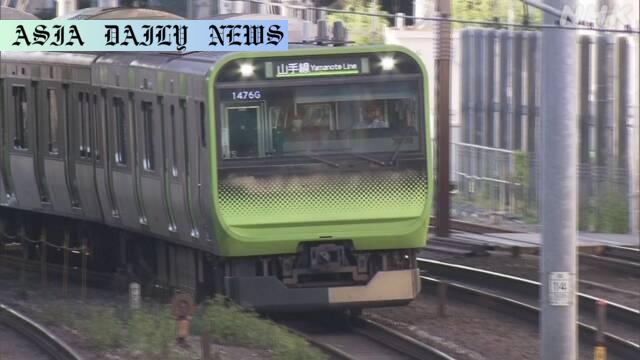Suica: Sales of non-personalized Suica and Pasmo IC cards, used for transit and payments, resume on March 1 after a semiconductor shortage.

Introduction: Resurgence of Suica and Pasmo IC Cards
Sales of non-personalized Suica and Pasmo IC cards in Japan, vital tools for train fare payments and other transactions, are set to resume on March 1, 2024. This announcement marks the end of a challenging period where global semiconductor shortages disrupted their availability. These IC cards, lacking user names and personalization, are widely preferred for their convenience and anonymity.
The Suspension: Semiconductor Shortage and Its Impact
In 2023, East Japan Railway and private train operators in the Tokyo area paused the issuance of non-personalized cards. The shortage of semiconductors, a critical component in IC card production, led to this interruption. Some exceptions were made for commuter passes, but for most users, alternative options were unavailable. This challenge highlighted the global ripple effects of semiconductor supply chain disruptions.
Semiconductor Crisis Resolution Ensures Card Availability
The semiconductor crisis, spurred by rising demand across industries and pandemic-related production bottlenecks, has seen significant improvement in recent months. East Japan Railway and its partners confirmed that inventories have now been adequately replenished. This resolution paves the way for the resumption of non-personalized card sales, building confidence for uninterrupted offerings in the future.
Consumer-Centric Approach and Apology
East Japan Railway expressed regret for the inconvenience caused by the unavailability of the cards over the past months. The company reiterated its commitment to ensuring sufficient stock moving forward to meet the needs of passengers across Japan. This response underscores their dedication to user satisfaction and service reliability in an increasingly competitive transit ecosystem.
The Future of IC Cards in Japan
The return of non-personalized Suica and Pasmo cards signifies a recovery phase for Japan’s transportation networks. As innovations in digital payments and transportation systems evolve, the role of IC cards will likely continue to grow. The reinstatement of these cards is a reflection of resilience in the face of global challenges, reinforcing their importance in Japan’s daily economic activities.
Conclusion: A Positive Step Forward
The March 1, 2024, reintroduction of non-personalized Suica and Pasmo cards is welcome news for countless commuters and travelers in Japan. The resolution of the semiconductor shortage, coupled with East Japan Railway’s proactive measures, ensures smoother transit experiences. This development not only restores a critical service but also showcases the Japanese transit sector’s adaptability and reliability in addressing global crises.
Commentary
The Importance of Suica and Pasmo Cards in Japanese Daily Life
For both residents and tourists, Suica and Pasmo cards have become indispensable tools for navigating Japan’s efficient transportation system. Beyond their use in trains and buses, these cards facilitate transactions at vending machines, convenience stores, and more. Their return after a prolonged suspension will undoubtedly streamline daily routines and bring relief to millions.
What the Resumption Says About Supply Chain Resilience
The reinstatement of non-personalized IC cards highlights the importance of global supply chain resilience. The semiconductor crisis was a wake-up call across industries, showcasing how interconnected global production is. Japan’s ability to secure semiconductor supplies and prioritize consumer needs demonstrates adaptability and strategic foresight.
Looking to the Future of Transportation Payments
As payment technologies evolve, innovations like mobile wallets and digital payment platforms might compete with traditional IC cards. However, Suica and Pasmo cards possess a simplicity and reliability that digital solutions sometimes lack. Their continued presence in Japan’s transit system is not just practical but emblematic of a balance between tradition and innovation.
A Broader Lesson in Crisis Management
The downtime in card availability serves as a reminder of the vulnerabilities in the global supply chain. It also offers a valuable lesson in crisis management, as East Japan Railway took steps to issue personalized cards amidst the shortage and communicated clearly with passengers about the challenges. Their transparent, consumer-focused approach will likely strengthen brand trust in the long run.


